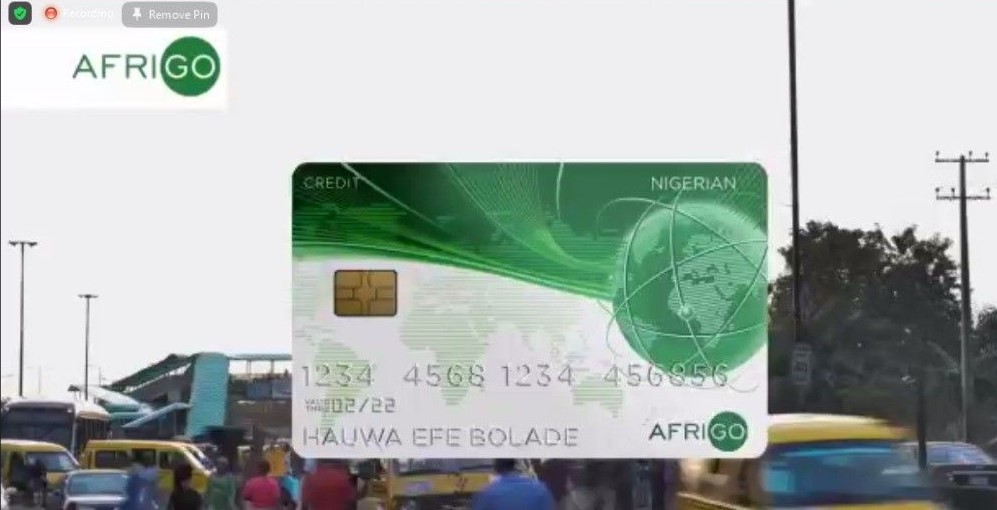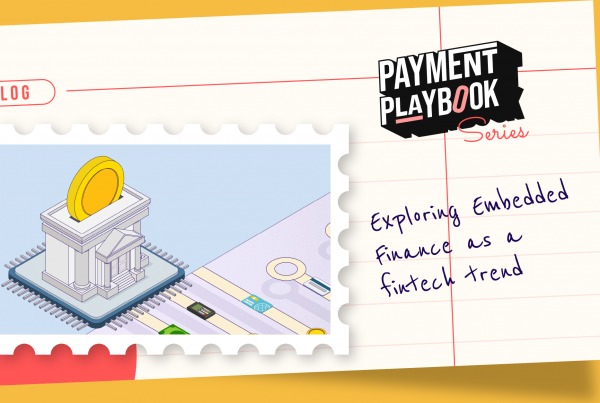After announcing its intention to launch a national domestic card scheme, the Central Bank of Nigeria (CBN) formally introduced the project, introducing AfriGo.
AfriGo is a product of a collaboration between the CBN and the Nigeria Inter-Bank Settlement System PLC (NIBSS), the respected body responsible for transferring and settling funds between banks.
A first of its kind in Africa, CBN’s top chief Godwin Emefiele says the launch of AfriGo will drive financial inclusion, concentrate card financial data in Nigeria, reduce the cost of cards and serve as a symbol of national pride for Nigerians.
CBN moves to disrupt the industry dominated by three card schemes, Mastercard, Visa and Verve.
Of the three mentioned above, two (Mastercard and Visa) are foreign card schemes and could be the most affected.
Since attaining the office as Governor of Nigeria’s apex financial regulator, Emefiele has been bullish with different strategies to tackle foreign exchange shortages, and AfriGo is one of those strategies.
With AfriGo, the CBN is trying to optimise foreign exchange usage by ensuring that all domestic transactions are processed on the domestic card scheme. Banks who issue Mastercard and Visa to their customers pay the transaction fees for those cards in a foreign currency to those global players. This situation meant that even when those cards were used for local transactions, the banks would still pay the card scheme in a foreign currency.
Now, CBN wants to ensure that banks issue cards in foreign currencies for customers only to carry out international transactions and then pay the transaction fees in those currencies. After initially placing transaction limits on Naira cards for international transactions, the CBN has banned the use of Naira cards for transactions in other currencies.
“At this time when foreign exchange challenges persist globally, it is important for me to say that we have come up with this card to ensure that all online card transactions will now, effective immediately, begin to go on the Nigerian national domestic system,” Emefiele explained.
“NIBSS and CBN will work together to make sure foreign exchange is charged for only international transactions made on Visa and Mastercards as we have it now. This is so because many of the cards we use currently charge in foreign currency. However, with the launch of the national domestic card, all domestic transactions are to be carried out on the national domestic card scheme.”
Optimising foreign exchange usage also means that the banks will now pay less for transaction fees, making the business of cards cheaper for both the banks and users.
Many reactions have trailed CBN’s launch of AfriGo, top among them is the concern about reliability and safety. CBN has already assured that the new card scheme complies with global security standards, including EMVCo.
For reliability, the presence of NIBSS gives a particular assurance that AfriGo would be as reliable as its chief product, NIBSS Instant Payment (NIP) which is Nigeria’s first and so far successful real-time funds transfer service.
Credpal and Bolt
Buy Now Pay Later is still a growing concept in Nigeria. With its use case in retail, it still needs to be widely adopted in the Nigerian market.
So it is with some surprise to see Credpas, a Nigerian-based embedded finance fintech partnering with one of the two most popular ride-hailing services to offer a deferred payment plan. So it’s ride now, pay later, and Credpal’s founders say it’s a “solution that will create a platform for financial management for the various income earners in Nigeria.”




